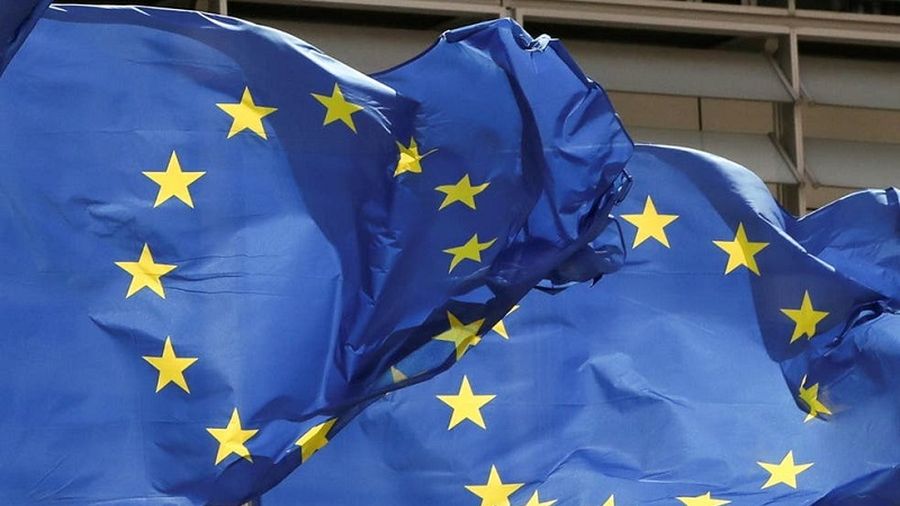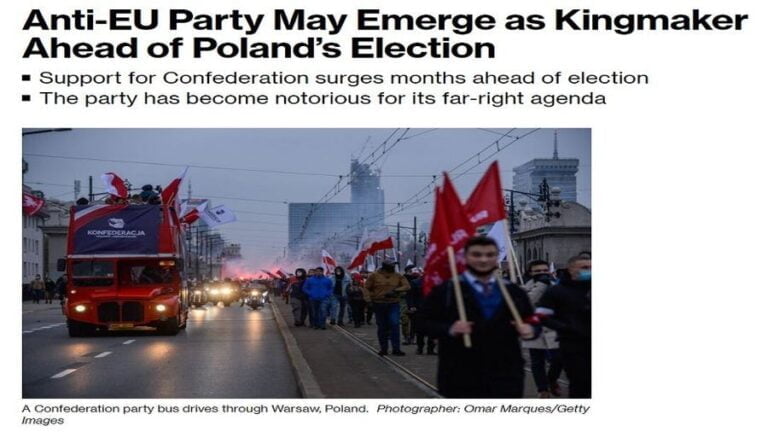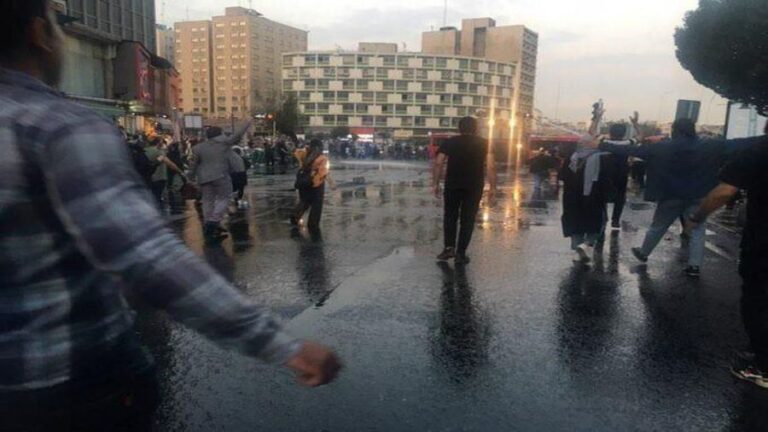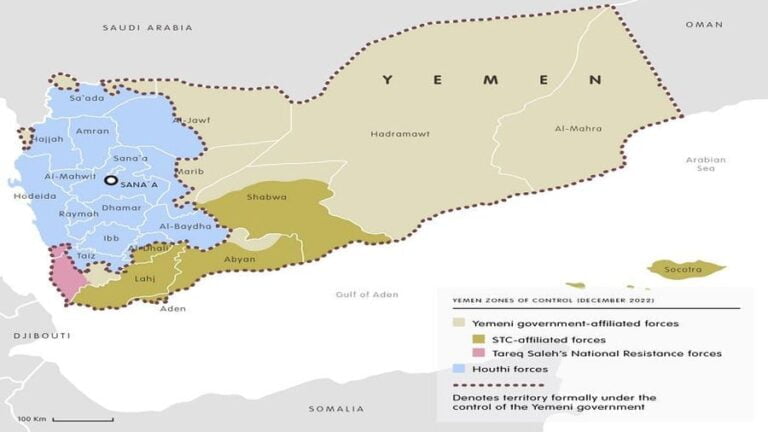It’s Premature to Cheer the EU’s Desired Strategic Autonomy After the Afghan Fiasco
Some in the Alt-Media Community naively hoped over the years that the EU’s desired strategic autonomy would lead to it becoming less willing to participate in American-led wars but it actually turns out that US President Joe Biden’s partial embrace of so-called “Trumpist Principles” might result in the bloc’s members unilaterally acting in places and/or at times where America itself won’t, similar to what happened during the 1956 Suez Crisis.
Don’t Pop The Champagne Just Yet
EU leaders are urging the bloc to do more to develop its “strategic autonomy”in the wake of last month’s Afghan fiasco, including by assembling a so-called “Initial Entry Force” (IEF) comprised of 5,000 EU troops, but it’s premature for observers to cheer these announcements. European Council President Charles Michel made the first suggestion and added that this could be achieved by improving the bloc’s “capacity for action…[which] requires working on our economic power, neighbourhood and security capabilities.” European High Representative for Foreign Affairs Josep Borrell, meanwhile, made the second proposal while lamenting that “The US is not willing to fight for other people’s wars anymore…As Europeans we have not been able to send 6,000 soldiers around the Kabul airport to secure the area. The US have been, we haven’t.”
Strategic Cynicism
These representatives’ intentions aren’t to reduce EU interventionism abroad, but to increase it, especially in case where the US either won’t act as they want or doesn’t do so adequately enough according to their expectations. Some in the Alt-Media Community naively hoped over the years that the EU’s desired strategic autonomy would lead to it becoming less willing to participate in American-led wars but it actually turns out that US President Joe Biden’s partial embrace of so-called “Trumpist Principles” might result in the bloc’s members unilaterally acting in places and/or at times where America itself won’t, similar to what happened during the 1956 Suez Crisis. This is an inevitable outcome of the emerging Multipolar World Order, but it doesn’t necessarily mean that it’ll contribute to global stability. Rather, it might complicate and worsen it.
There are some unpopular arguments that can be made in cynical support of America’s continued hegemonic control over Europe, the main one being that it can force its proxies to do what it demands in the event that it reaches a pragmatic deal with rival Great Powers. For instance, this summer’s decision to waive most Nord Stream II sanctions forced the rest of the EU to accept that Russia will remain one of their major energy suppliers for the indefinite future despite some of the Baltic States, Poland, and Ukraine feeling betrayed by this due to their extreme “negative nationalism” vis-a-vis their much larger neighbor. That said, there’s also no denying that the US is also aiming to help some of them diversify their energy suppliers too, but generally speaking, it was still able to wield its hegemonic influence to force everyone else into complying with its will.
“Lead From Behind”
One of the prospective challenges though is that Polish foreign policy has become increasingly independent of the EU in recent years so Warsaw might sabotage the joint US-German deal with Russia if it and/or the “Three Seas Initiative” (3SI) states like the Baltic ones and Ukraine that are under its influence decide to unilaterally provoke Moscow in order to prompt a crisis. After the Afghan fiasco where the US abandoned its local allies and even some of its own citizens, however, they might think twice about the wisdom of doing so since they might worry that they too could find themselves abandoned and left at their opponent’s mercy. This example is a comparatively lower-level one despite the high geostrategic stakes involved but everything might be much more intense in the event that the entire bloc acts unilaterally on something in unison among its members.
It’s difficult to predict exactly which sorts of scenarios this might lead to, but the EU’s interests now stretch across its entire tri-continental periphery. This covers such diverse regions as the Arctic, Eastern Europe, the Balkans, West Asia, North Africa, and even West Africa. Acknowledging this, it’s still unlikely that it’ll act unilaterally in a way that contradicts American interests in any of these geostrategic spaces. Instead, the US might deliberately “pull back” or “restrain itself” in order to tempt them into acting on its behalf so as to “Lead From Behind” (LFB) via proxy in pursuit of their shared interests whether the EU realizes this or not. For instance, if the US’ so-called “non-aggression pact” with Russia proceeds to the point where America redeploys some of its European forces to the Asia-Pacific to contain China, then the EU’s IEF could potentially replace it.
That proposed force could also intervene in West Asian hotspots such as Lebanon amid its ongoing economic collapse or in West African ones like the Burkina Faso-Mali-Niger Border Triangle, both of which might exploit the pretext of guarding certain infrastructure such as airports like France and the UK initially proposed for Kabul earlier this week at the UNSC as the first step towards a larger intervention. This would be the ideal scenario from an American perspective since it would result in that bloc “sharing the burden” for those missions. There’s unlikely to be any “worst-case” one either since the US could either extract certain concessions from its “allies” in exchange for its support if they fail at their envisioned missions or simply trade their interests away to their opponents and abandon them as part of a larger “balancing” act, especially if it involves other Great Powers.
“The Polish Problem”
The primary challenge comes during the transitional phase where the bloc still has yet to come fully together in a sense of its shared mission, which is where this policy presently stands as evidenced by Poland pushing back against Germany hegemony over Warsaw’s envisioned “sphere of influence” across the 3SI states. A regime change in that Central European country, most likely a “democratic” one during the next elections if it comes to pass and which would be attributable in that case to the recently intensified joint US-German Hybrid War on Poland, would remove this obstacle and place that emerging network fully under Berlin’s control. There would then be unanimity of strategic purpose at the official level which could allow the German-led EU to prospectively deploy the IEF along the Baltic States and Poland’s frontiers with Belarus,Russia, and Ukraine.
The ongoing Central European Migrant Crisis that the 3SI states accuse Minsk of fomenting as an asymmetrical response to their anti-Belarusian lobbying in the EU is already a step in that direction after those countries appealed to Brussels for support, but it’s not quite exactly what the bloc wants since it prefers full dominance over their affairs and doesn’t want them to continue behaving semi-independently in any respect. Nevertheless, this incident shows that a quasi-autonomous bloc-within-a-bloc is emerging within Poland’s envisioned “sphere of influence”, one which could become strategically disruptive if it continues gaining strength and comes to believe that its members’ interests are best served by unilaterally provoking a crisis. One means of preempting that scenario is for Germany to overthrow the Polish government then rule it by proxy.
Concluding Thoughts
If the EU can solve its so-called “Polish Problem”, then it’ll quickly proceed along the complementary trajectories that Michel and Borrell recently proposed. This might stabilize the bloc’s “Near Abroad” – at least in Eastern Europe – for the short-term, but the long-term implications could be equally destabilizing if Germany then grows strong enough with time to order the bloc to act unilaterally (ironically in a multilateral fashion via consensual agreement of all the states under its influence) in ways that go against Russian interests in Belarus and/or Ukraine. That’s not even to mention what they could do in West Asia, North Africa, and West Africa, the latter two regions of which lack any Great Power with the political will apart perhaps from Turkey in North Africa to meaningfully oppose it. For these reasons, it’s premature to cheer the bloc’s post-Afghan intentions.







